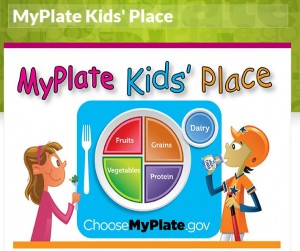Many studies have found associations between specific nutrition deficiency states or gross malnutrition and child behavior, but lacking are more global studies that examine the link between more typical diets in general and behavioral outcomes.
The Norwegian Mother and Child Cohort Study is a prospective study that recruited mothers when they were pregnant and followed them and their children in serial assessments up until the child was 5 years old. Over 23,000 mothers and their children were assessed using mailed questionnaires. For this study, raters made a dichotomous judgment of whether a mother’s or child’s diet was high or low in both healthy foods and unhealthy foods. This variable was used to predict child internalizing and externalizing scores at age 5 using latent growth curve models. The authors attempted to control for some potential confounds including socioeconomic status and maternal smoking, among others. Unfortunately, factors such as the home environment or parenting, were not included in these models.
In terms of results, a significant link was found between a mother’s unhealthy diet during pregnancy and child level of externalizing problems. Regarding the child’s diet early in life, both higher intake of unhealthy foods and lower intake of healthy foods were associated with both internalizing and externalizing problems. The effect of diet was most evident early in a child’s life and diminished by age 5 for some types of problems.
The authors concluded that both an increased intake of unhealthy foods and a decreased intake of healthy foods was related to negative child behavior at age 5. They advocated that adhering to good dietary principles is an important factor for optimal child mental.
While the effect sizes for this study tended to be small (correlations between diet quality and child behavior less than 0.1), these data give us additional scientific backing for our recommendation to eat well during pregnancy and to provide healthy food choices early in a child’s life. In addition to factors such as parental mental health, sleep, exercise, structured activities, and screen time limits, good nutrition is an important target of intervention in a child’s overall mental health treatment and is “an important part of a good breakfast” when it comes to wellness promotion.
One nice resource for families is the USDA’s Choose My Plate website.
Reference
Jacka FN, et al. Maternal and Early Postnatal Nutrition and Mental Health of Offspring by Age 5 Years: A Prospective Cohort Study. J. Am. Acad. Child Adolesc. Psychiatry, 2013;52(10):1038–1047.
Tags: behavior, mental health, nutrition

